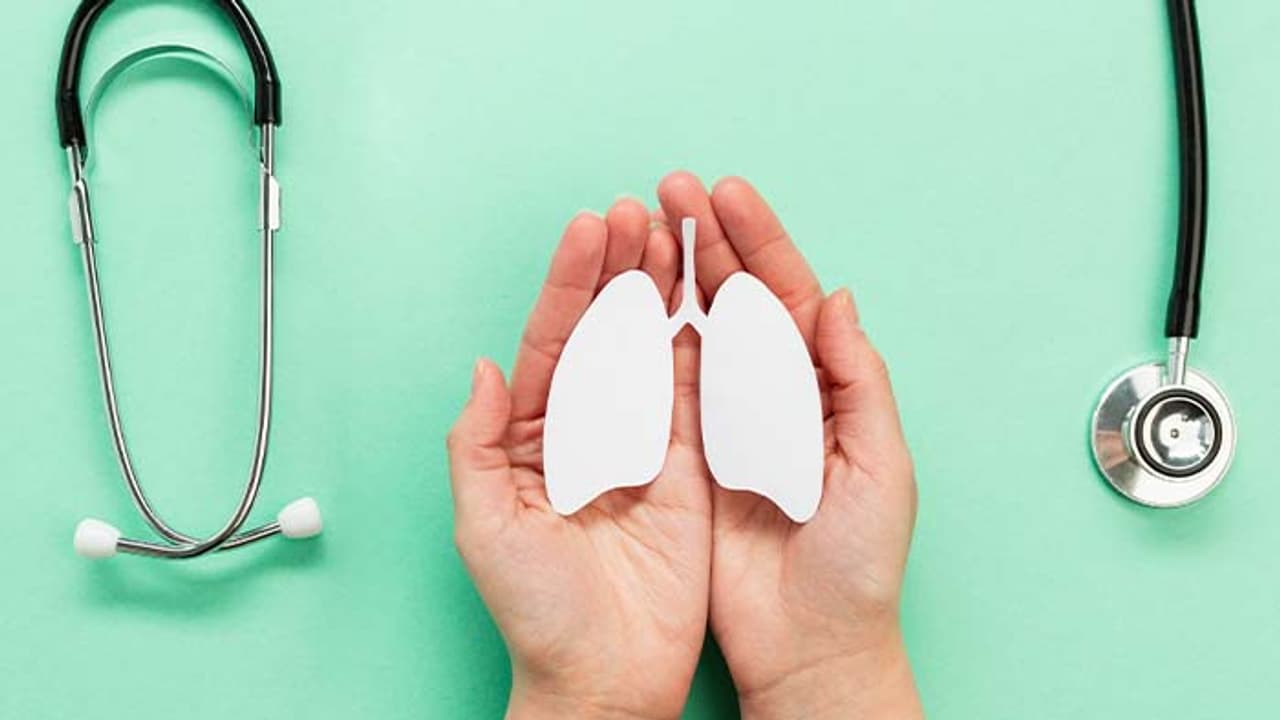Lung cancer in non-smokers is a serious health concern that requires attention and awareness. Understanding the causes, risks, and impact of lung cancer in non-smokers can help in early detection, prevention, and effective treatment.
Lung cancer is presumed to be associated with smokers, but there are a significant number of cases of lung cancer that involve non-smokers. Let's look at the possible causes, risks, and impact of lung cancer in non-smokers to break the assumptions on lung cancers associated with non-smokers.

Lung cancers in non-smokers:
While smoking contributes to lung cancers, there are many factors and causes that lead to lung cancer in non-smokers.
Secondhand Smoke: Although people do not smoke, they are somehow prone to involuntary exposure to tobacco smoke from others' cigarettes, cigars, or pipes, which can increase the risk of lung cancer.
Radon Gas: Radon is a naturally occurring radioactive gas that enters into homes from the ground. If you are prone to prolonged exposure to radon, the chance increases the risk of lung cancer.
Air Pollution: This is the most common cause of lung health issues; the emissions from vehicles, industries, and power generation contribute to air pollution, which causes lung cancer.
Asbestos Exposure: Asbestos fibers are commonly used in construction and other industries. When we inhale them unknowingly, this can lead to lung cancer and mesothelioma when inhaled.
Genetic Factors: There are certain genetic mutations, and a family history of lung cancer can increase susceptibility to the disease due to any circumstances.
ALSO READ: Friendship red flags: 10 types of toxic friends you will regret having
Risks of Lung Cancer in Non-Smokers:
Non-smokers have no exemption to lung cancer in this fast-paced, polluted community. There are many other factors that are associated with risks when it comes to lung cancer.
Environmental Exposure: Factors like living in areas with high levels of air pollution or radon can increase the risk of lung cancer even if you are a non-smoker.
Occupational Hazards: People who work in industries or factories with exposure to harmful chemicals like asbestos and diesel exhaust can elevate the risk of lung-related health issues.
Secondhand Smoke: Non-smokers who live with smokers or work in environments with frequent smoke exposure are at higher risk of lung cancers.
Previous Lung Diseases: Chronic conditions like chronic obstructive pulmonary disease (COPD) and tuberculosis can increase the risk of lung cancer even for non-smokers.
ALSO READ: Health guide: THIS habit is more dangerous than cigarettes; impact, risks, treatment, and more
